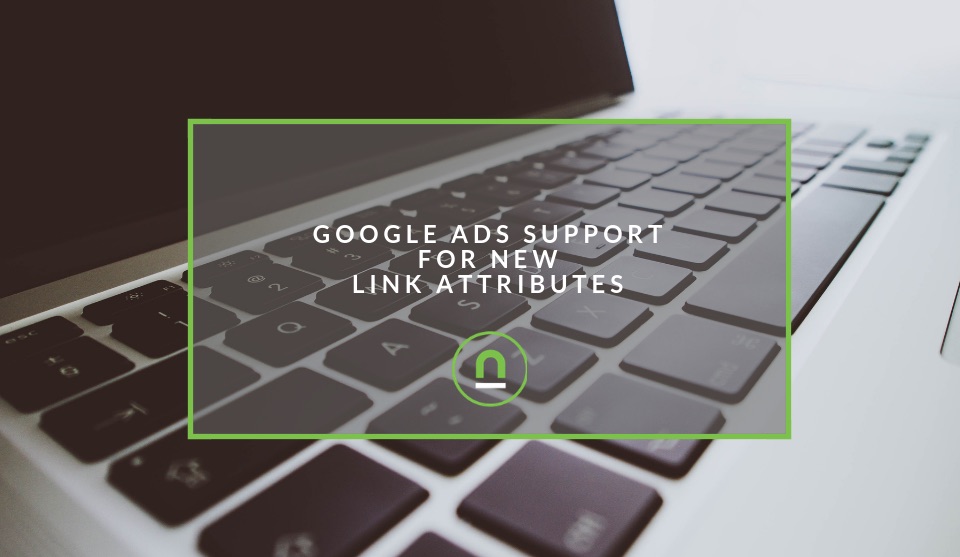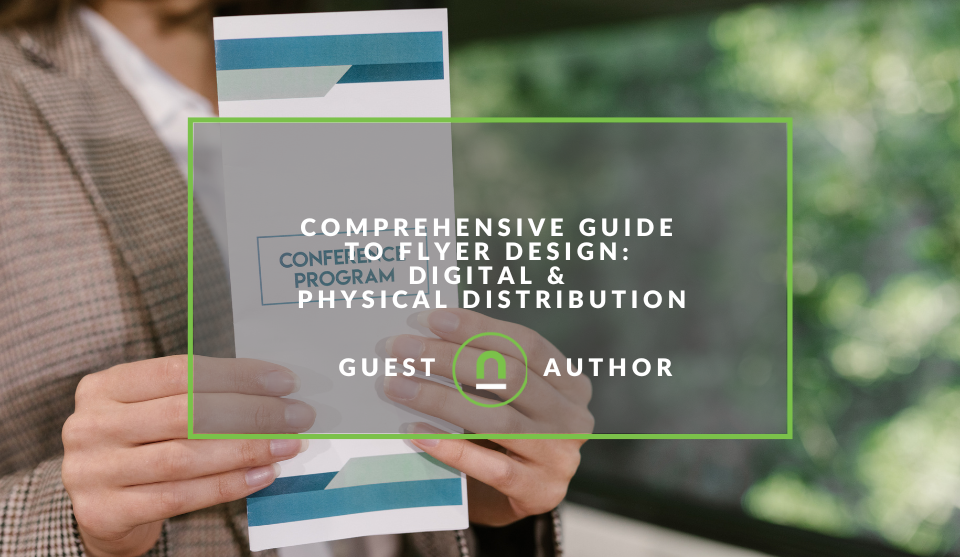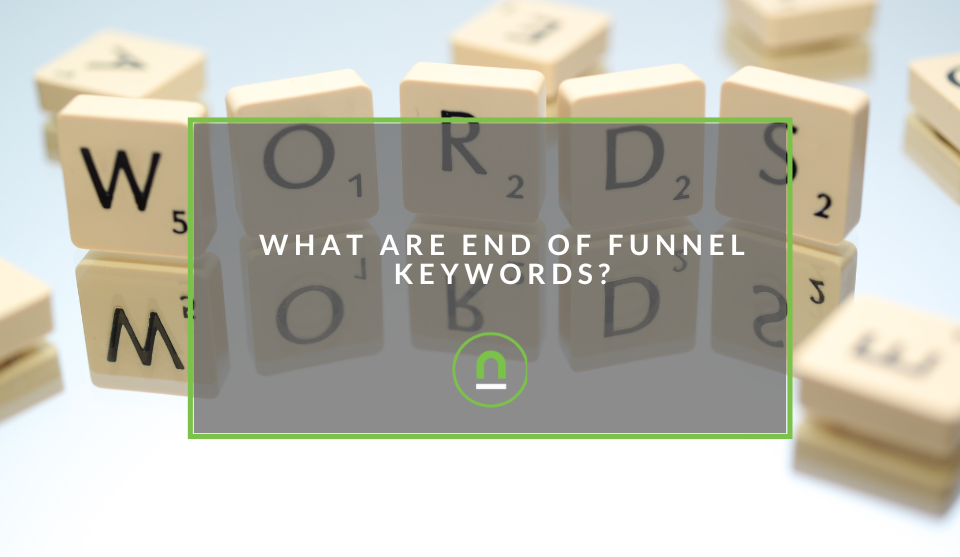Recent posts
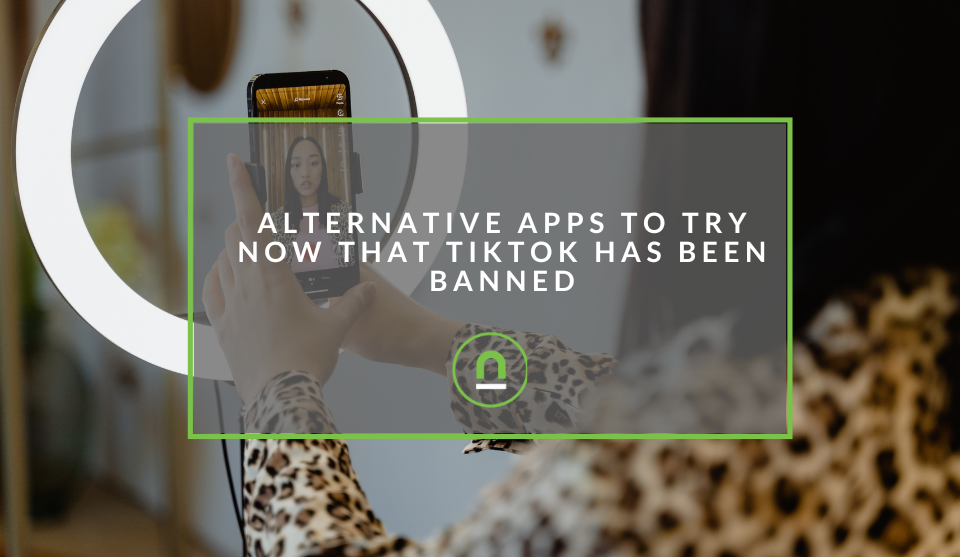
nichemarket Advice
Alternative Apps To Try Now That TikTok Has Been Banned
19 January 2025

Industry Experts
Top Trends in Digital Signage for South African SMEs
15 January 2025
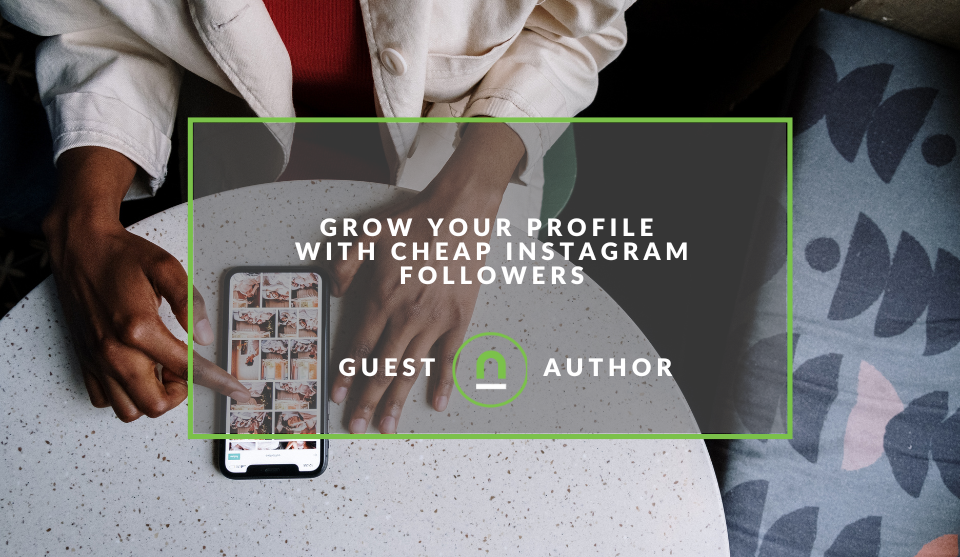
Industry Experts
Grow Your Profile With Cheap Instagram Followers
14 January 2025
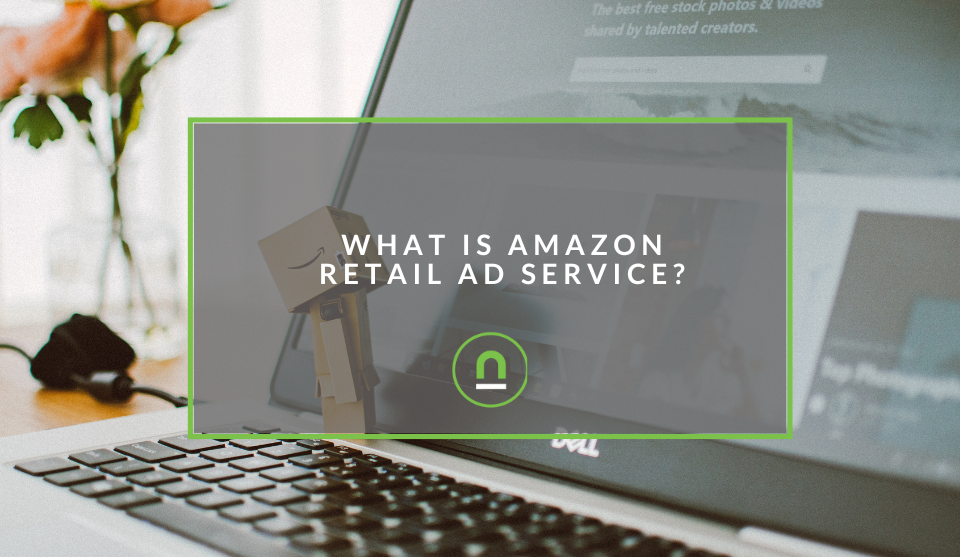
nichemarket Advice
What Is Amazon Retail Advertising Service?
11 January 2025
Popular posts
Extravaganza
Trending Music Hashtags To Get Your Posts Noticed
24 August 2018
Geek Chic
How To Fix iPhone/iPad Only Charging In Certain Positions
05 July 2020
Extravaganza
Trending Wedding Hashtags To Get Your Posts Noticed
18 September 2018
Money Talks
How To Find Coupons & Vouchers Online In South Africa
28 March 2019
Google Ads Support For New Link Attributes
22 September 2019 | 0 comments | Posted by Che Kohler in nichemarket Advice
The visible internet is one of immense size and continues to grow each day. The ability to add content to the internet has become so easy that virtually anyone with a Smartphone can do it, and does do it with remarkable ease. What was once an ability solely for computer programmers and web designers is now a reality for everyone.
Giving users the ability to add information online at neck-breaking speeds means we need better curation and filing systems. A task search engines like Google, Bing & Yandex have undertaken and given us a way to navigate and find content online.
This filing and curating system works with highly complex algorithms and to ensure the best content receives visibility in these mega indexes. Which is how SEO was born.
Part of SEO and internet experience is interlinking. Interlinking helps users and crawlers navigate through relevant content, sources, complementary content, contextual references and plays a major role in how search engines evaluate websites and rank pages.
Linking with a purpose
Links have a number of attributes you can add to a simple anchor to make it more helpful for users and crawlers. Attributes such as alt text and "rel" or relationship. The relationship of a link traditionally only had 2 options the "follow" which endorses and passes on link equity and the "nofollow" which does not pass along any link metrics.
As of March 2020, we will see new link attributes come into effect.
- rel=" sponsored": Use the sponsored attribute to identify links on your site that were created as part of advertisements, sponsorships or other compensation agreements.
- rel= "ugc": UGC stands for User Generated Content, and the ugc attribute value is recommended for links within user-generated content, such as comments and forum posts.
As linking profiles become larger and more varied Google has decided to launch new supporting link tags to give better insight and understanding to linking profiles.
So how will these new attributes affect your current site? Let's look at a few questions you may have upon the release.
Do I need to change my existing nofollows?
No. If you use "nofollow" now as a way to block sponsored links or to signify that you don't vouch for a page you link to, that will continue to be supported. There's absolutely no need to change any nofollow links that you already have.
Can I use more than one rel value on a link?
Yes, you can use more than one rel value on a link. For example, rel= "ugc sponsored" is a perfectly valid attribute which hints that the link came from user-generated content and is sponsored.
It's also valid to use nofollow with the new attributes -- such as rel= "nofollow ugc" -- if you wish to be backwards-compatible with services that don't support the new attributes.
If I use nofollow for ads or sponsored links, do I need to change those?
No. You can keep using nofollow as a method for flagging such links to avoid possible link scheme penalties. You don't need to change any existing markup. If you have systems that append this to new links, they can continue to do so.
However, Google recommends switching over to rel=" sponsored" if or when it is convenient.
Do I still need to flag ad or sponsored links?
Yes. If you want to avoid a possible link scheme action, use rel= "sponsored" or rel= "nofollow" to flag these links. Google will now prefer the use of "sponsored," but either is fine and will be treated the same, for this purpose.
What happens if I use the wrong attribute on a link?
There's no wrong attribute except in the case of sponsored links. If you flag a UGC link or a non-ad link as "sponsored," and see that hint but the impact -- if any at all -- would be at most that Google might not count the link as a credit for another page. In this regard, it's no different than the status quo of many UGC and non-ad links already marked as "nofollow".
It is an issue going the opposite way. Any link that is clearly an ad or sponsored should use "sponsored" or "nofollow," as described above. Using "sponsored" is preferred, but "nofollow" is acceptable.
Why should I bother using any of these new attributes?
Using the new attributes allows us to better process links for analysis of the web. That can include your own content if people who link to you make use of these attributes.
Won't changing to a "hint" approach encourage link spam in comments and UGC content?
Many sites that allow third parties to contribute to content already deter link spam in a variety of ways, including moderation tools that can be integrated into many blogging platforms and human review.
The link attributes of "ugc" and "nofollow" will continue to be a further deterrent.
In most cases, the move to a hint model won't change the nature of how a link is treated. Google will generally treat these attributes as they did with "nofollow" before and not consider them for ranking purposes.
Adding support for link attributes
Linking attributes are primarily used by SEO's but with these updates, it looks like it could now become a more important aspect of content creation. Content marketers and bloggers will need to take note of these additions and fit it into their current practices.
Since I'm probably one of the few people who prefer writing my posts in HTML, these changes will be a simple adjustment for me. But for those who prefer the WYSIWYG style of content editing, I would recommend adding these attributes to your CMS.
Making it part of the native content formatting process will ensure you tag up links correctly and adequately use your crawl bandwidth, which can then be used for more important content reviews and indexing.
Contact us
If you would like us to help with your sites backlinking or interlinking or want to know more about digital marketing for your business, then don’t be shy we’ re happy to assist. Simply contact us
Are you looking to promote your business?
South African Business owners can create your free business listing on nichemarket. The more information you provide about your business, the easier it will be for your customers to find you online. Registering with nichemarket is easy; all you will need to do is head over to our sign up form and follow the instructions.
If you require a more detailed guide on how to create your profile or your listing, then we highly recommend you check out the following articles.
Recommended reading
If you enjoyed this post and have a little extra time to dive deeper down the rabbit hole, why not check out the following posts on linking for SEO.
- Improve Interlinking With 12 Types of Anchor Text
- How To Start Reclaiming Lost Backlinks
- How To Evaluate A Site Or Webpage For Backlinking
- The Pain Of Link Building In Memes
- How To Link Contextually Like A Pro
Tags: SEO , Interlinking, Link Building
You might also like
A Comprehensive Guide to Flyer Design: Digital & Physical Distribution
26 December 2024
Posted by Dmitri Sahakyan in Industry Experts
A checklist you can use to create your next flyer for distribution physically and digitally through popular online platforms to give your promotion m...
Read moreWhat Are End of Funnel Keywords?
07 January 2025
Posted by Che Kohler in nichemarket Advice
End-of-funnel keywords are search terms that indicate a user is close to making a purchase, and every website wants to rank for these terms, but is i...
Read more{{comment.sUserName}}
{{comment.iDayLastEdit}} day ago
{{comment.iDayLastEdit}} days ago
 {{blogcategory.sCategoryName}}
{{blogcategory.sCategoryName}}
